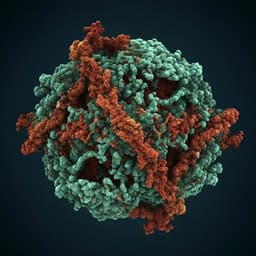
Biology
The FAIR Cookbook - the essential resource for and by FAIR doers
P. Rocca-serra, W. Gu, et al.
Discover the FAIR Cookbook, a collaborative effort by leading researchers and data managers, designed to revolutionize data stewardship in the Life Sciences. This open online resource provides practical recipes for implementing the FAIR Principles, enhancing data findability, accessibility, interoperability, and reusability. Dive into a world of best practices recommended by funders and part of the ELIXIR ecosystem.
~3 min • Beginner • English
Related Publications
Explore these studies to deepen your understanding of the subject.







